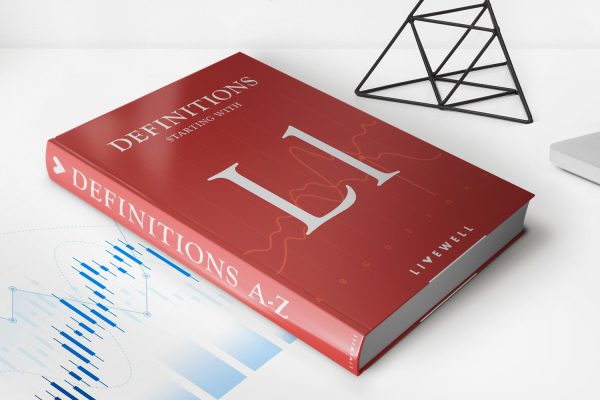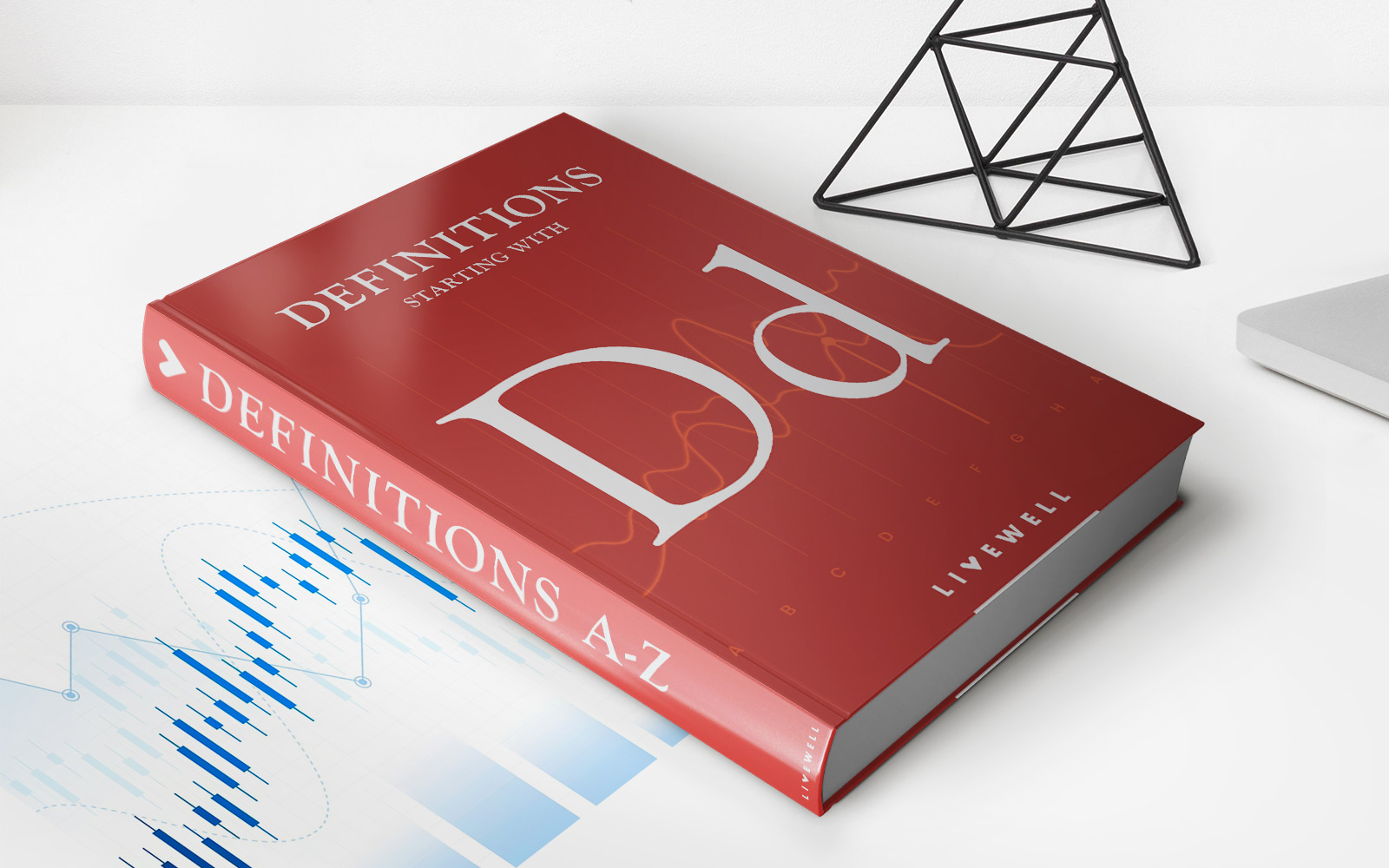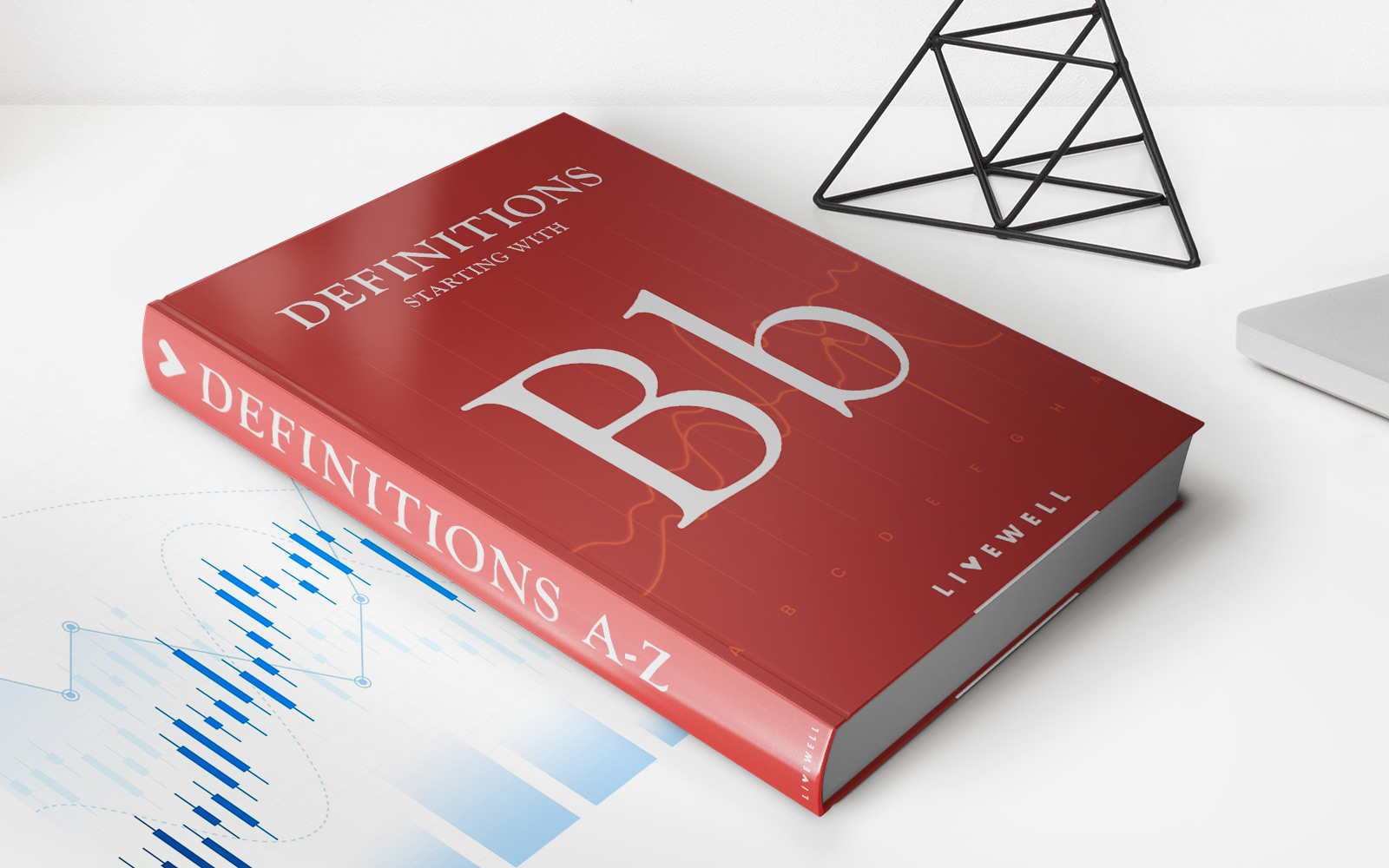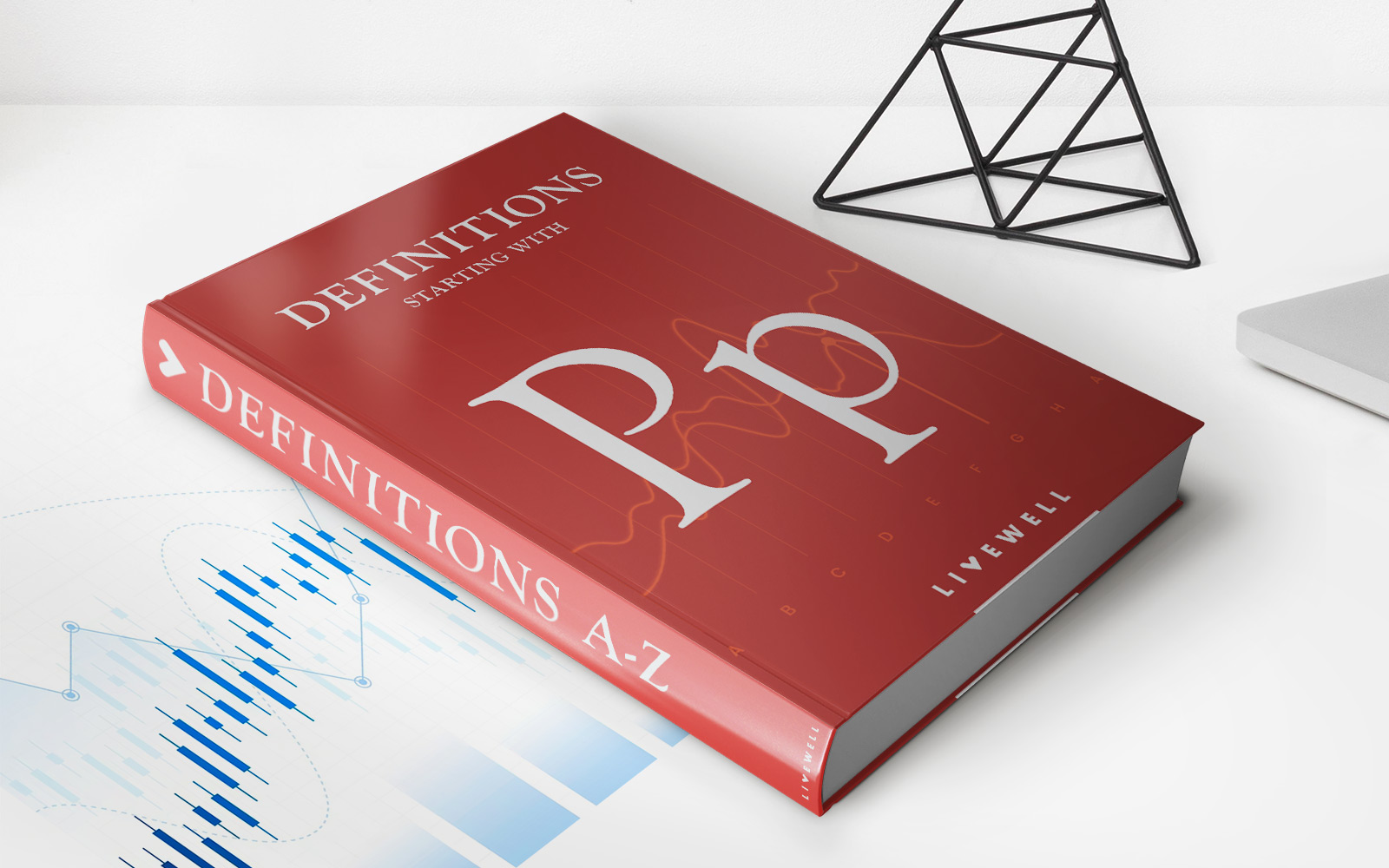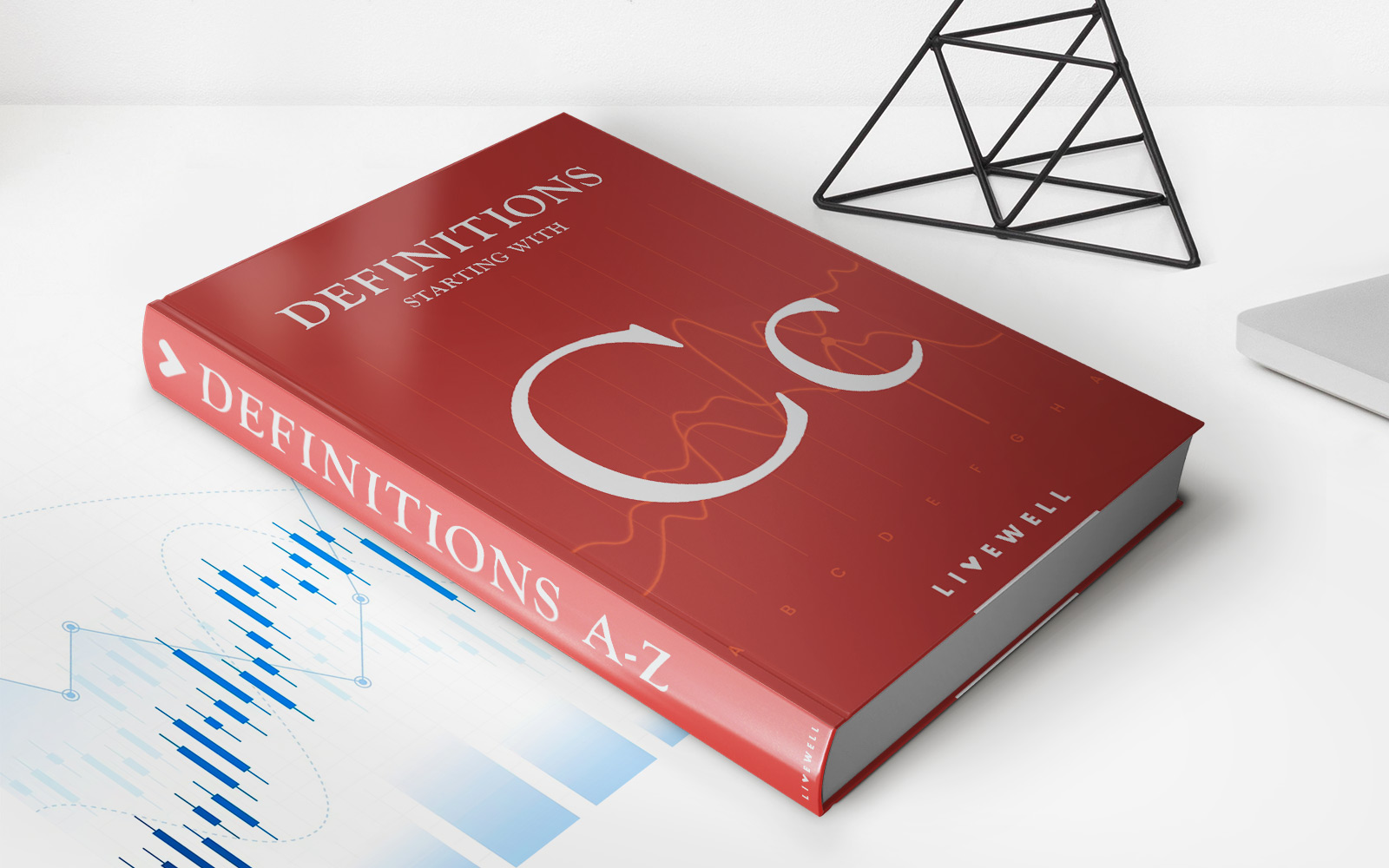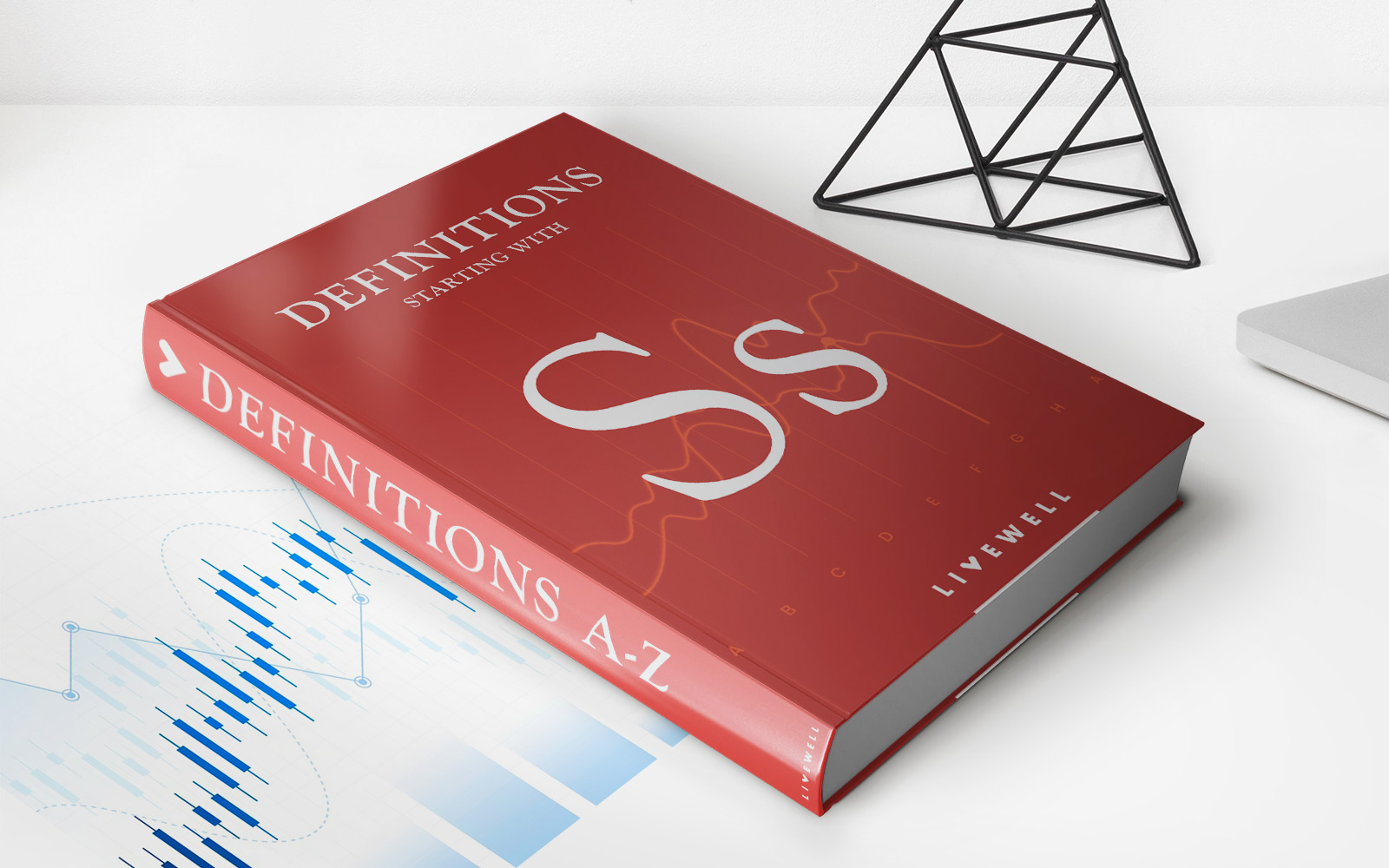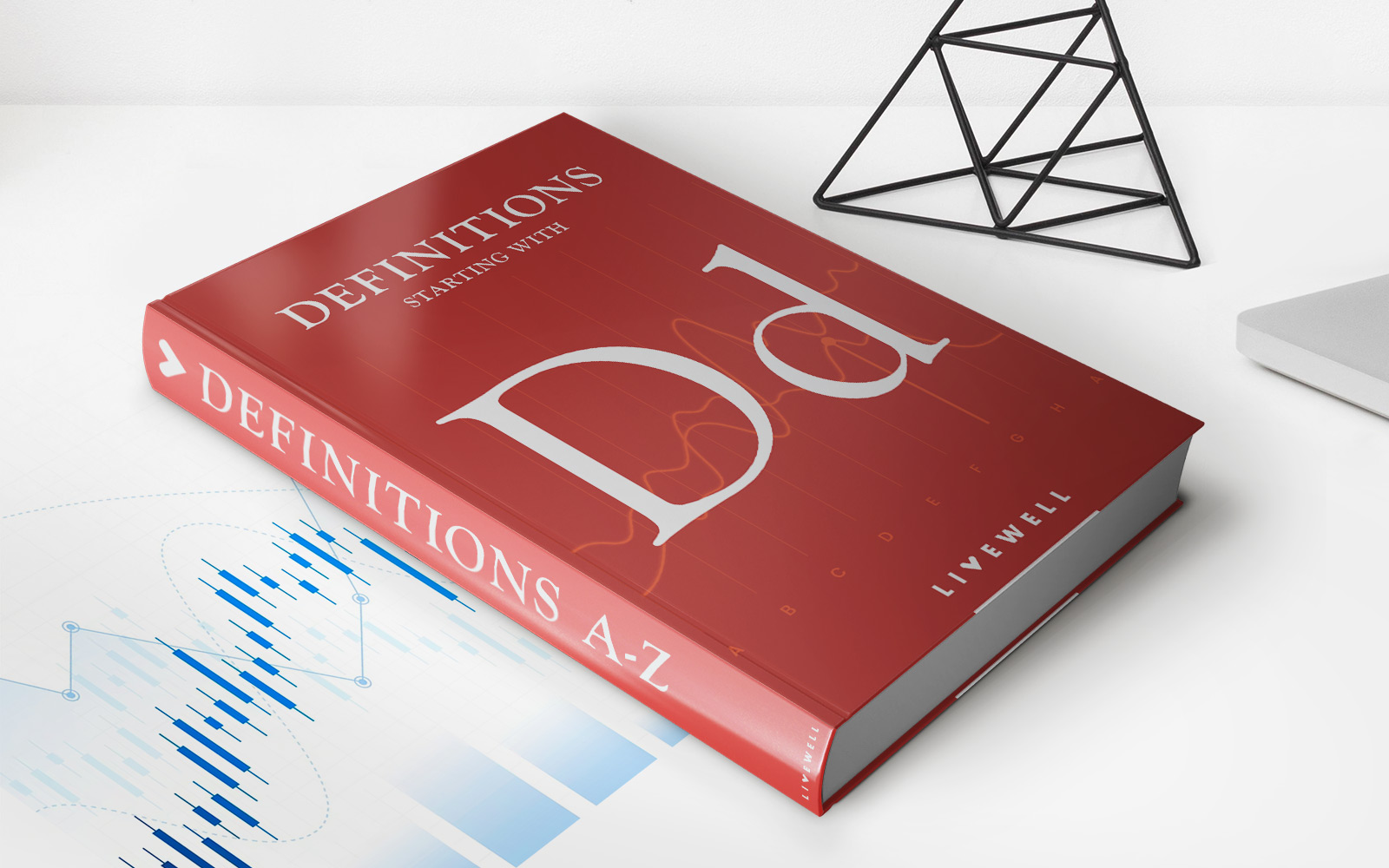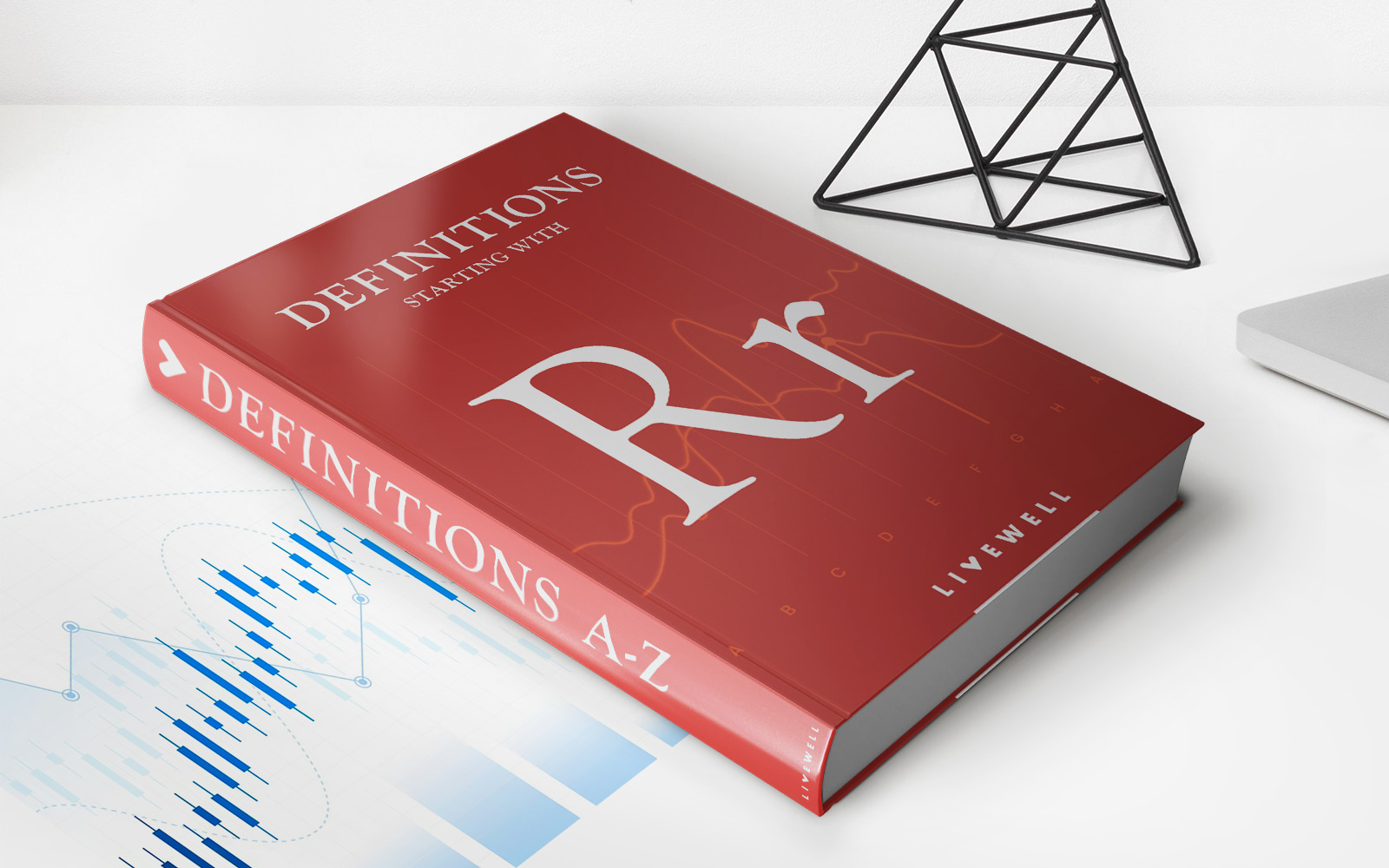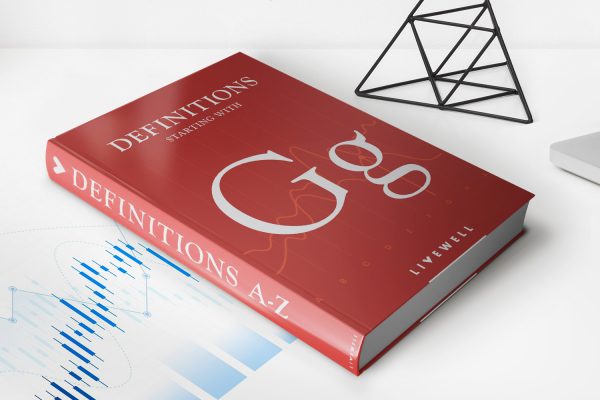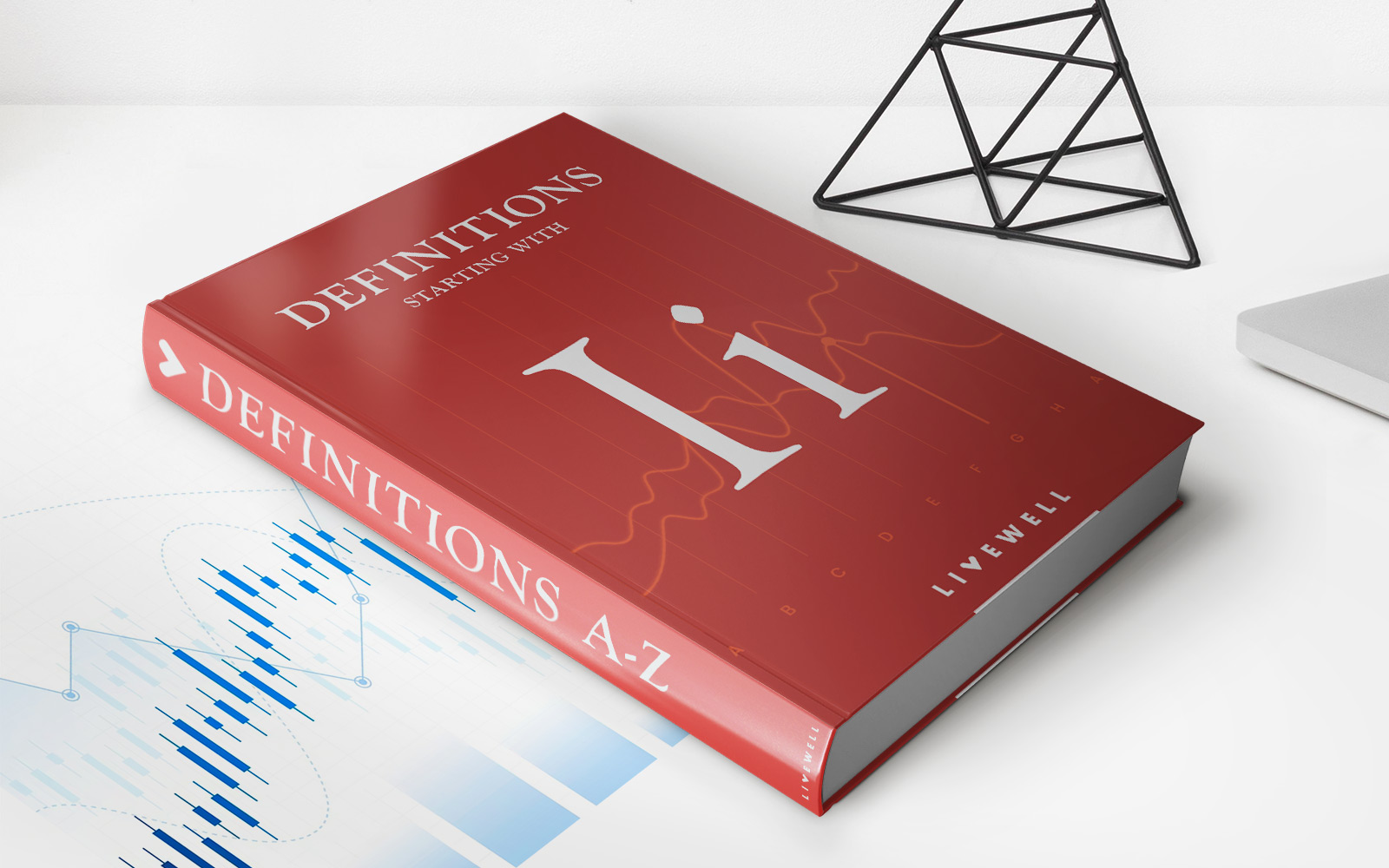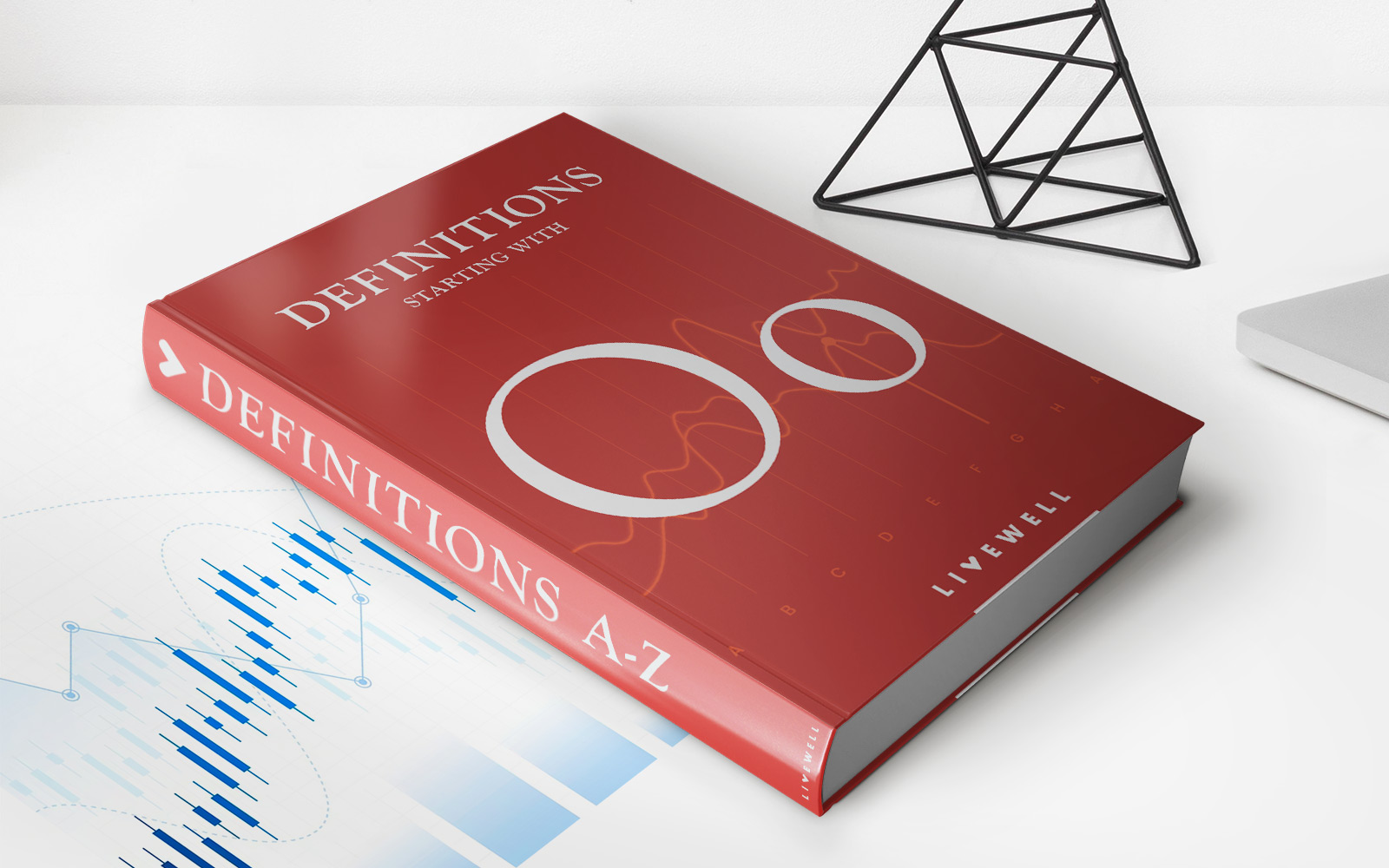Home>Finance>Fuzzy Logic: Definition, Meaning, Examples, And History
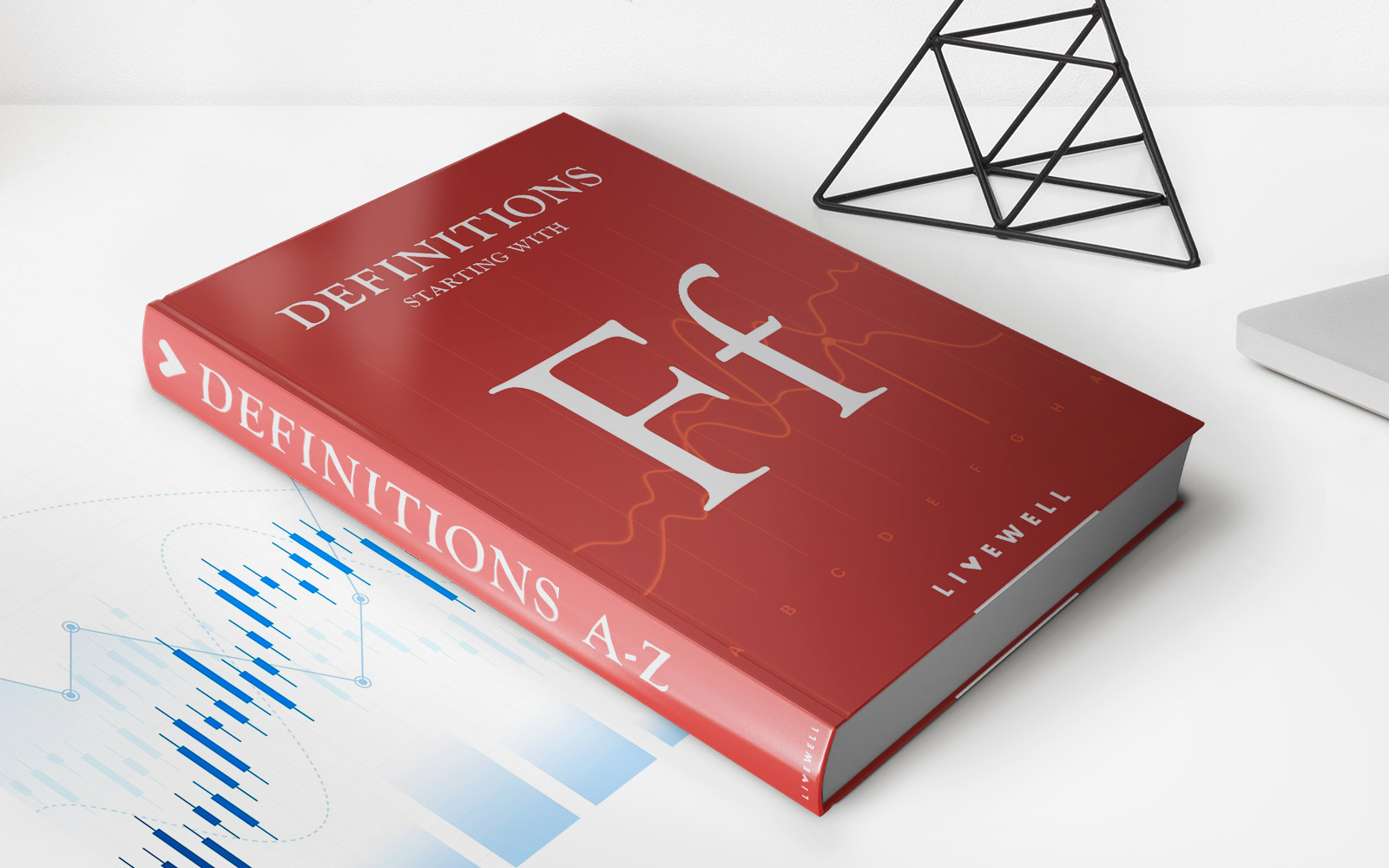

Finance
Fuzzy Logic: Definition, Meaning, Examples, And History
Published: November 29, 2023
Discover the meaning and examples of fuzzy logic in finance and explore its fascinating history. Understand how this concept has revolutionized decision-making in the financial industry.
(Many of the links in this article redirect to a specific reviewed product. Your purchase of these products through affiliate links helps to generate commission for LiveWell, at no extra cost. Learn more)
Welcome to the world of Fuzzy Logic!
Have you ever wondered how computers can make decisions in an uncertain world? Or how machines can mimic human reasoning? If so, then you’re in the right place. In this article, we’ll explore the intriguing concept of Fuzzy Logic, its definition, meaning, examples, and even take a stroll down memory lane to uncover the history behind it. So buckle up and get ready to dive into the world of fuzzy reasoning!
Key Takeaways
- Fuzzy Logic is a mathematical framework that deals with imprecision and uncertainty in decision-making.
- It allows for shades of gray and mimics human reasoning in handling complex problems.
What is Fuzzy Logic?
At its core, Fuzzy Logic is a mathematical framework used to handle imprecision and uncertainty in decision-making. Unlike traditional binary logic (which deals with absolute true or false values), fuzzy logic acknowledges that things are rarely black or white, but rather exist on a continuum of possibilities. It allows for shades of gray in decision-making, just like the way humans think.
How does Fuzzy Logic work?
Fuzzy Logic introduces the concept of linguistic variables, which are variables that can take on a range of values rather than a single precise value. These variables are represented using fuzzy sets, which are membership functions that assign a degree of membership to each value within the set. This membership degree signifies how strongly a value belongs to a particular fuzzy set.
Using these linguistic variables and fuzzy sets, Fuzzy Logic enables the creation of rules that determine how the system should behave based on specific input conditions. These rules are expressed in terms of fuzzy if-then statements, where the “if” part represents the input conditions and the “then” part determines the corresponding output or action.
Examples of Fuzzy Logic in Action
Fuzzy Logic finds its applications in various fields where uncertainty and imprecision are prevalent. Here are a few examples:
- Temperature Control: Fuzzy Logic is used in air conditioning systems to adjust temperature settings based on fuzzy rules like “If the room is warm and the outside temperature is hot, then increase the cooling.”
- Automatic Transmission: Fuzzy Logic is employed in automatic transmission systems to determine optimal gear shifting based on variables like throttle position, vehicle speed, and engine RPM.
- Expert Systems: Fuzzy Logic plays a crucial role in expert systems that simulate human expertise in various domains, allowing them to handle uncertainty and make informed decisions.
A Brief History of Fuzzy Logic
The roots of Fuzzy Logic can be traced back to the early 1960s when Lotfi Zadeh, a professor at the University of California, Berkeley, introduced the concept of fuzzy sets. His groundbreaking paper, “Fuzzy Sets,” published in 1965, laid the foundation for the field of Fuzzy Logic.
Zadeh’s work not only challenged the binary nature of traditional logic but also opened up new possibilities for reasoning, decision-making, and artificial intelligence. Since then, Fuzzy Logic has gained widespread acceptance and found numerous applications across a wide range of disciplines.
In 1973, Zadeh co-founded the International Fuzzy Systems Association (IFSA) to promote research and collaboration in the field of Fuzzy Logic. Today, Fuzzy Logic continues to evolve, with ongoing advancements in mathematics and computing contributing to its further development and application.
The Fuzzy Conclusion
Fuzzy Logic provides a powerful framework for handling real-world complexity, uncertainty, and imprecision. By allowing for nuanced and flexible decision-making, it brings us closer to mimicking human reasoning in machines. Whether it’s controlling temperature, improving automatic systems, or developing expert systems, the applications of Fuzzy Logic are diverse and continuously expanding.
So next time you encounter a decision-making problem that doesn’t fit neatly into a binary world, remember that Fuzzy Logic might just hold the answer!
